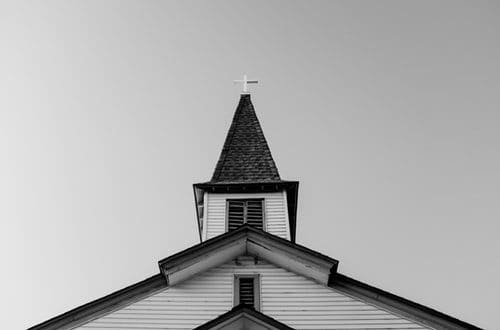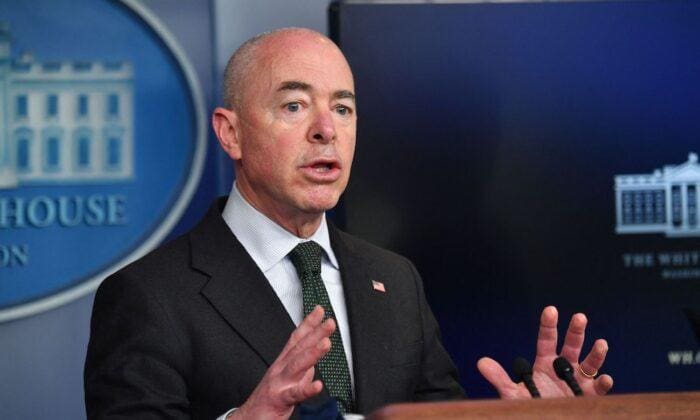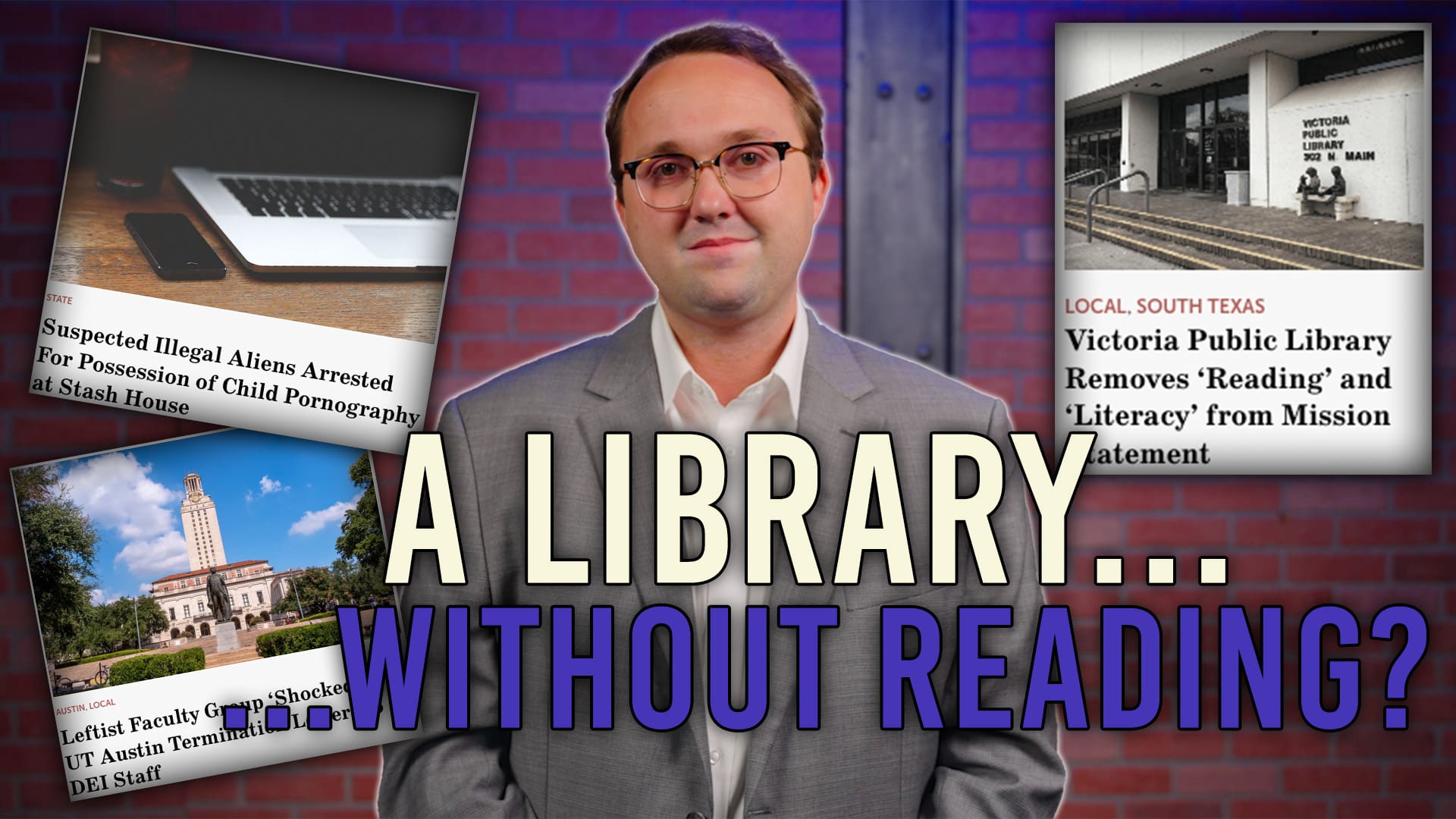Members of both parties broke rank in the Texas Senate on Tuesday over religious freedom protections. As a result, legislation protecting professionals from discrimination based on their faith got the go-ahead nod of the chamber in bipartisan fashion.
Billed “The Texas Professional Protection Act,” Senate Bill 17 by State Sen. Charles Perry (R–Lubbock) received tentative approval in the Texas Senate on Tuesday, passing with the support of 19 members—18 Republicans and Democrat State Sen. Eddie Lucio of Brownsville. Republican State Sen. Kel Seliger of Amarillo deserted his party on the measure and was the sole Republican to vote against the legislation.
The Senate will likely approve the bill on third reading on final passage Wednesday before sending it to the Texas House.
If passed, the bill would establish religious freedom protections for citizens by prohibiting occupational licensing boards from adopting penalties, policies, regulations, or rules that “unreasonably limits or burdens a person’s sincerely held religious belief, freedom of speech, or freedom of association” for professionals in more than 50 fields of employment.
In short, the bill would provide a defense to someone practicing their faith from losing their license, excluding, as amended, statutorily defined professionals meeting the definition of “first responder.”
Passing the legislation was important to Lt. Gov. Dan Patrick, as it was one of 30 “top priorities” for him and “the majority of the Texas Senate and the conservative majority of Texas” that he announced last month.
“Religious liberties are a foundational principle of our nation,” Perry told Texas Scorecard. “SB 17 seeks to give a defense against the undeniable assault on people of faith in their professions. We should not force occupational license holders to check their faith at the door.”
During debate on the bill, things became as contentious as they have been all session long in the chamber. Perry received complaints on the bill ranging from providing a so-called defense to discrimination and concerns over “local control” to more ominous arguments like insisting that crimes have been perpetrated in the name of Perry’s own Christian faith.
Most interestingly, State Sen. Royce West (D–Dallas) invited Perry to agree that protections on religious beliefs were responsible for heinous crimes committed in the past before pivoting to a conversation about Paul’s letter to the Church in Rome. West asserted that Romans 13 calls on Christians to, in West’s words, “render unto Caesar that which is Caesar’s and unto God that which is God’s” before further asserting that the Bible necessarily then implores Christians to submit to a government responsible for creating licenses and regulations—even if that means violating one’s religious beliefs—or to seek another job.
West misinterprets Paul’s letter to the Roman church and Christ’s teachings found in the Gospels. Further still, West neglects to acknowledge that we have a government of, by, and for the people with a Constitution limiting government and keeping it in a place of submission to its citizens.
Seliger also attacked the legislation, asserting the liberal talking point that the bill would provide a defense to discrimination. “Doesn’t this bill essentially provide a defense of that discrimination or discriminatory behavior?” he asked.
“No,” Perry responded. “It provides a defense: that I believe in my religious liberty, that I can exercise that liberty in my practice, no matter what profession it is.”
The two sparred for nearly 8 minutes. Seliger would ultimately side with nearly all of his Democrat colleagues in voting against the bill.
Texas Values, a social conservative advocacy organization who supported the legislation throughout the process, argued it was a way to protect religious freedom, saying, “The Texas Professional Protection Act is a targeted approach to protect religious freedom, building on bipartisan efforts in previous sessions to pass the Pastor Protection Act and the Freedom to Serve Children Act.”
“No Texas professional should fear the government taking away their livelihood because of their faith,” added Nicole Hudgens, a senior policy analyst for the organization. “We applaud Senator Charles Perry for his work to protect religious freedom for Texas license holders.”
Opponents of the legislation—like Equality Texas, the left-wing LGBT lobby group based in Austin—have called the bill “the No. 1 threat to the LGBTQ community this legislative session,” despite testimony confirming the bill does nothing to pre-empt or circumvent state or federal anti-discrimination laws.
The bill’s House companion, HB 2827 by State Rep. Phil King (R–Weatherford), was referred to the Texas House Committee on State Affairs last month but has yet to be given a date for a public hearing before the committee’s members.
The Texas Senate is expected to give final approval to the bill on Wednesday.





